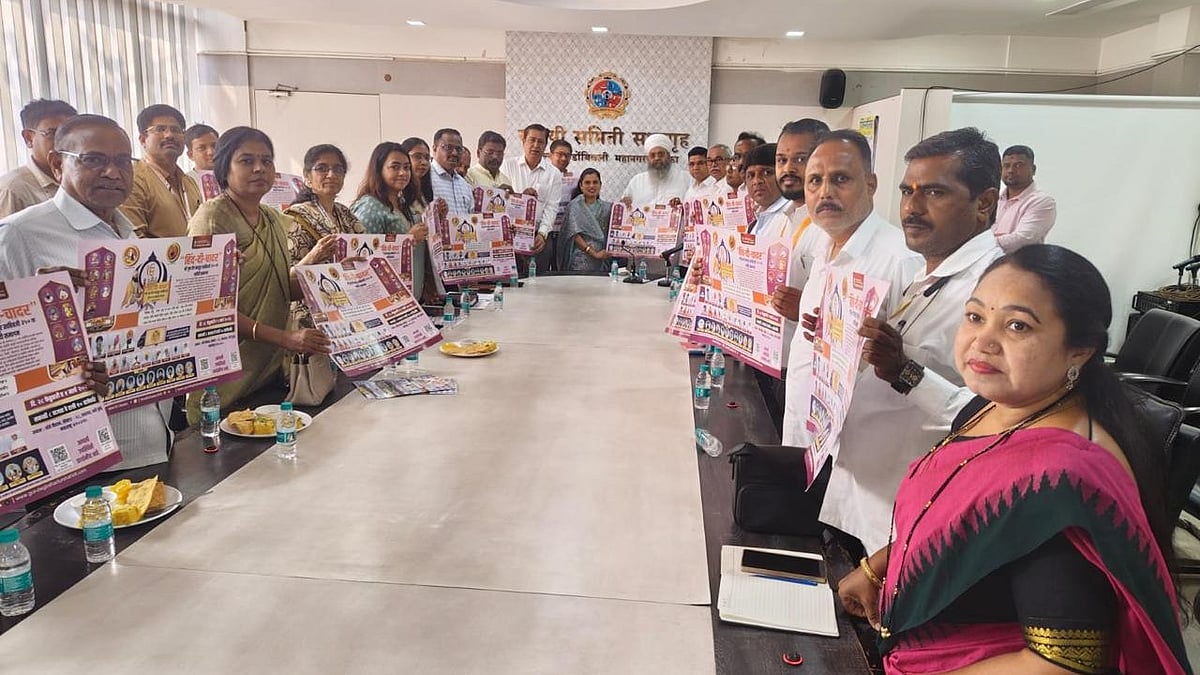Smaller businesses have quickly emerged as one of the key drivers of the country’s gross domestic product and subsequently, its economic growth. Aided by the technology revolution and the consequent positive disruption to the traditional industrial setup, India’s business ecosystem paved the way for a diverse set of new entrants. To this effect, the previous decade has witnessed a rapid mushrooming of enterprises in India, making it the third largest startup ecosystem in the world. This phenomenon has propelled the country on a path of economic boom, contributing to job creation and fueling the engines of growth and development.
Cognizance of the propensity of startups to stimulate socio-economic progress has also led to a pan India adoption of policies and programs targeted at building a catalytic environment for entrepreneurs. The Indian government has invested substantial resources to spark entrepreneurship through programs such as the Prime Minister’s Employment Generation Programme (PMGEP), Entrepreneurship Skill Development Programme (ESDP) and Startup India.
Several state governments, CSR entities, and civil society organizations are also undertaking their own initiatives. Yet, the participation of women entrepreneurs in this ecosystem remains minimal. According to the latest available estimates, of the 58.2 million micro, small, and medium enterprises operating in the country, only 14 percent or 8.05 million are owned by women.
Additionally, women-owned enterprises in India are largely skewed towards smaller sized firms, with almost 98 percent of businesses falling in the category of micro-enterprises. (Source: NITI Aayog)
Elizabeth A Vazquez, President, CEO, and Co-Founder of WEConnect International talks about ways to support and leverage the potential of women business owners to create a more sustainable and inclusive global economy. Ms. Vazquez is the co-author of the book, “Buying for Impact: How to Buy from Women and Change Our World.”
When it comes to accessing digital spaces, women entrepreneurs have a long way to go. What are some of the ways in which digital accessibility can be accelerated?
Leveraging digital platforms has the potential to be a great leveller for women-owned businesses, especially in emerging economies. Access to the proper technologies results in breaking barriers to entry in global markets.
According to a series of recent surveys conducted in 2020 by WEConnect International on women-owned businesses during the COVID-19 pandemic, women utilized technology to offset the repercussions of the pandemic. They not only reacted to minimize the impacts of the pandemic, with 54 percent identifying and cutting unnecessary expenses, but also proactively found new solutions with 42 percent creating new business lines in response to local and global needs, and 38 percent identifing new business opportunities. They leveraged technology to adapt their business models to virtual platforms during a time when in-person meetings were no longer possible and found new ways to use technology to anticipate and meet new demands in rapidly changingmarkets.
However, despite progress in technology accessibility, many women-owned businesses are yet to realise the full potential of e-commerce tools. We need to improve access to technology for women-owned businesses, as digital business transformations will only multiply the effect women as business owners are able to have on the world—near and far.
How can women business owners contribute to building more sustainable and inclusive economies?
Although nearly one-third of all private businesses in the world are owned by women, those same businesses receive less than 1 percent of large corporate and government buyer spend. If this imbalance was remedied—or even marginally improved upon—trillions of dollars would in turn be reinvested by women directly into families and communities worldwide.
Women-owned businesses are one of the most underutilized drivers of innovation and job growth in both developed and emerging markets. By leveraging the power of female entrepreneurs, new ideas, products and services are launched into markets around the world.
According to a special report “How to Rebuild Global Business for Good,” underwritten by Moody’s Corporation and TD Bank Group and led by WEConnect International, when women business owners gain access to markets and capital, everyone benefits—employees, families, communities and the global economy.
Buy from a women-owned business today and every day.
How can women entrepreneurs get equal access to capital funding?
The journey to equal access to capital funding is fuelled by value chain diversification and gender inclusive sourcing by corporate giants with women-owned businesses offering competitive goods and services.
When women-owned businesses are better able to sell their products and services, they are far more attractive to banks and investors seeking a return on their capital funding.
When women seekcredit with contracts in hand, it makes it much easier for lenders and funders to provide financing options. In addition to bank loans, women who own businesses want access to sources of organic growth—income that does not need to be paid back with interest or equity—they want contracts to fill orders, deliver solutions, grow their businesses and create jobs for others.
Sadly, women-owned businesses in South Asia receive less than 1 percent of the total money spent on products and services by large buyers; they are invisible in value chains. Women need equal access to capital funding in order to compete in the global market.
What are the benefits of supplier diversity and inclusion?
Diverse suppliers are competitive on total value and add unique value to supply chains. Increased supplier diversity and inclusion not only makes for better business but also a better world. Major global players are already sourcing parts of their value chain from South Asia and seeing the benefits of gender inclusive sourcing.
What role does WEConnect International play in South Asia?
Policymakers, corporations, multilateral institutions and women business owners themselves all agree that now, more than ever, we need more women to start and grow businesses as a sustainable engine for inclusive growth and prosperity in South Asia.
WEConnect International is facilitating and supporting training and certification initiatives in the region based on the growing demand from buyers, women suppliers and funders who believe equal opportunity to market competition has a significant impact on local and global economies.




